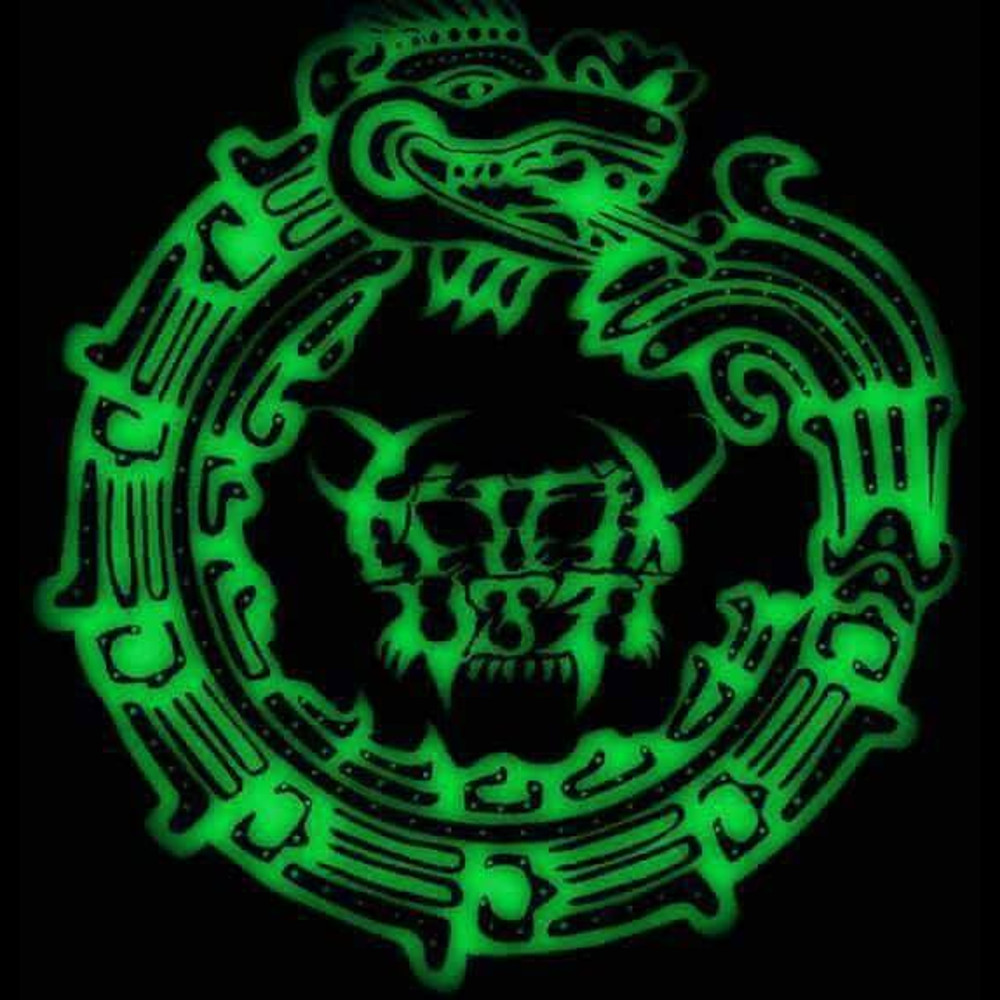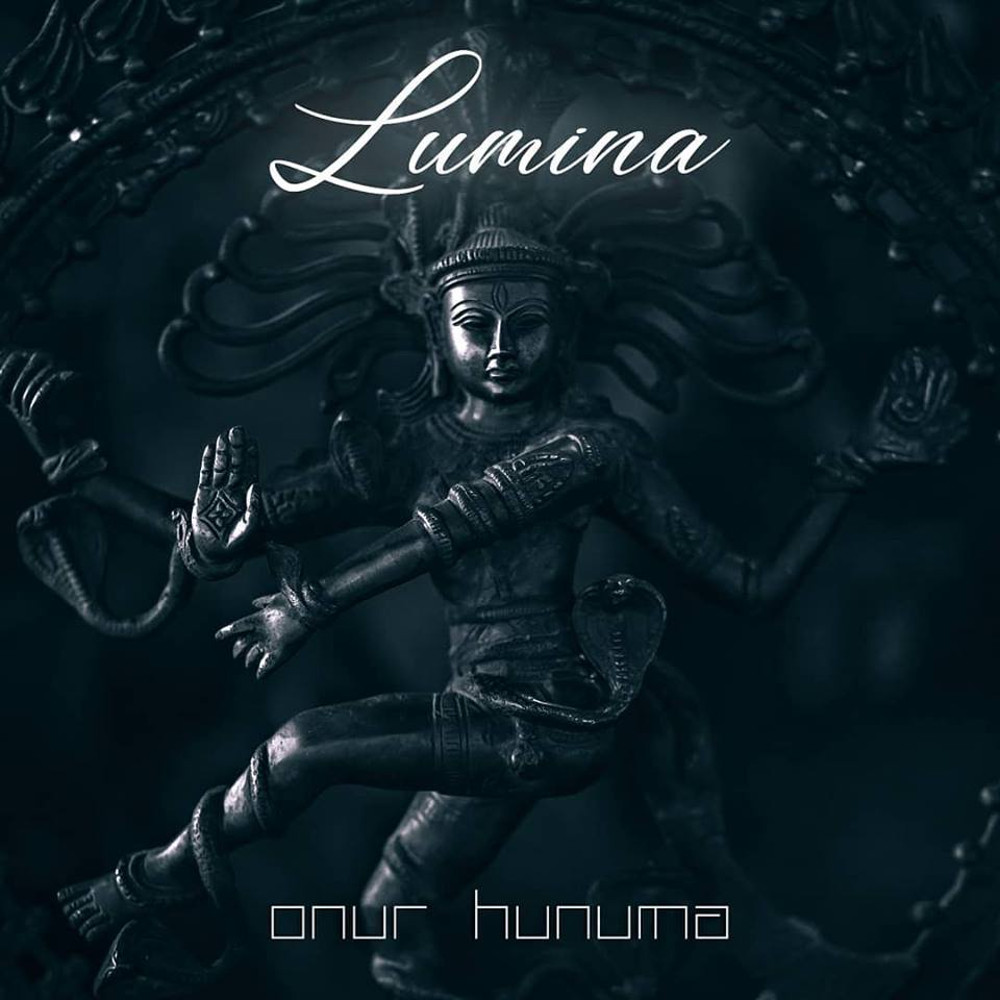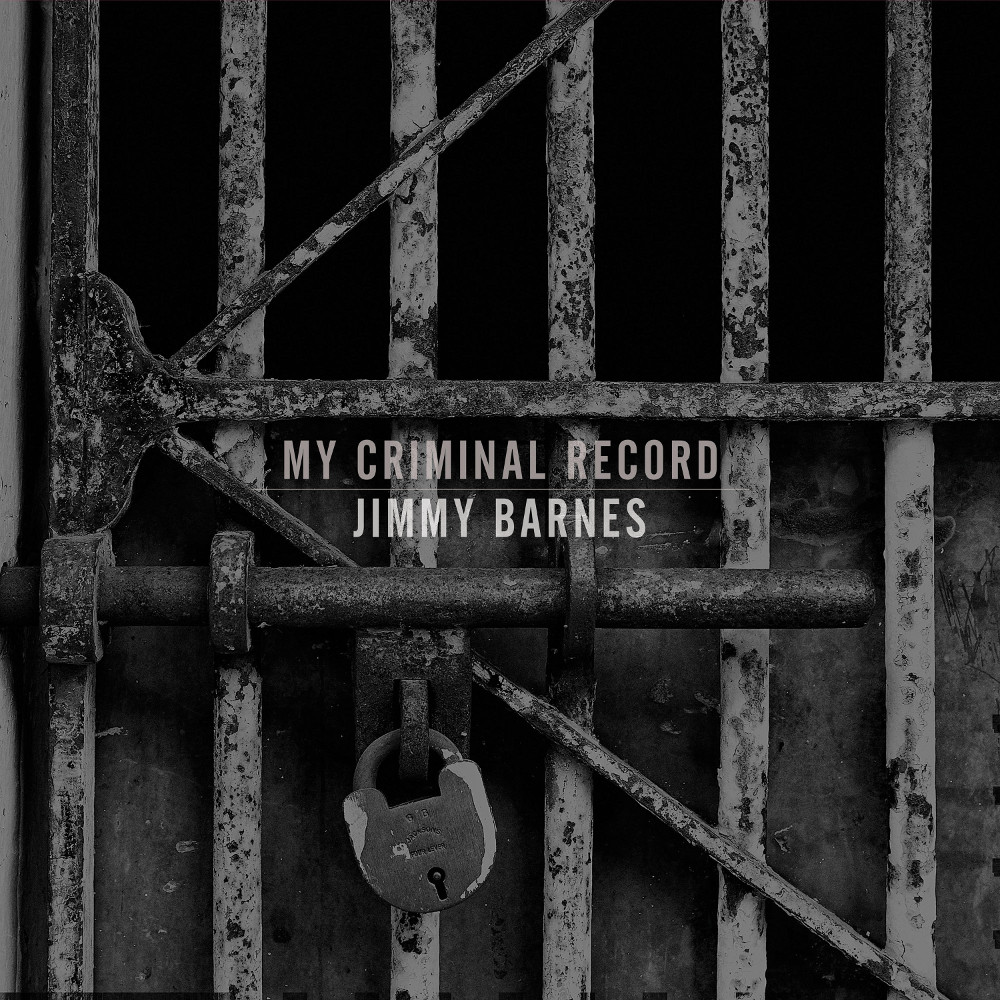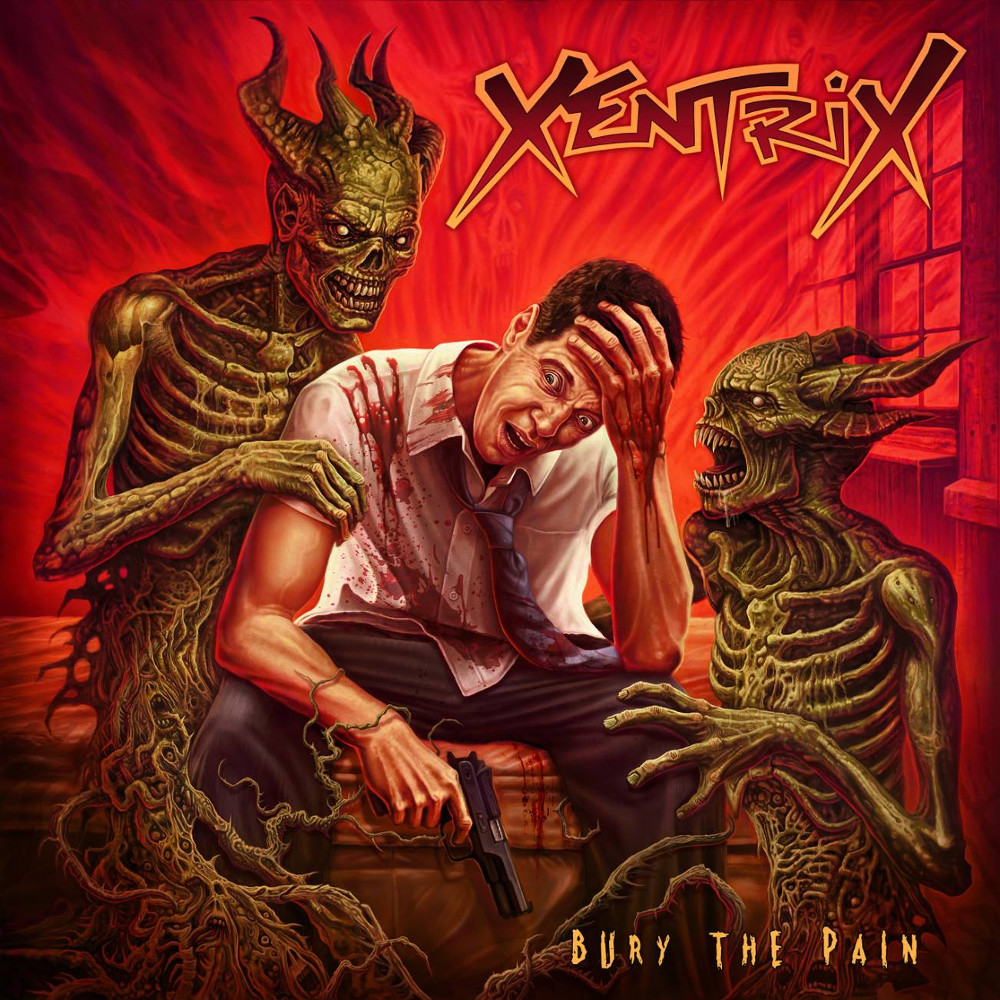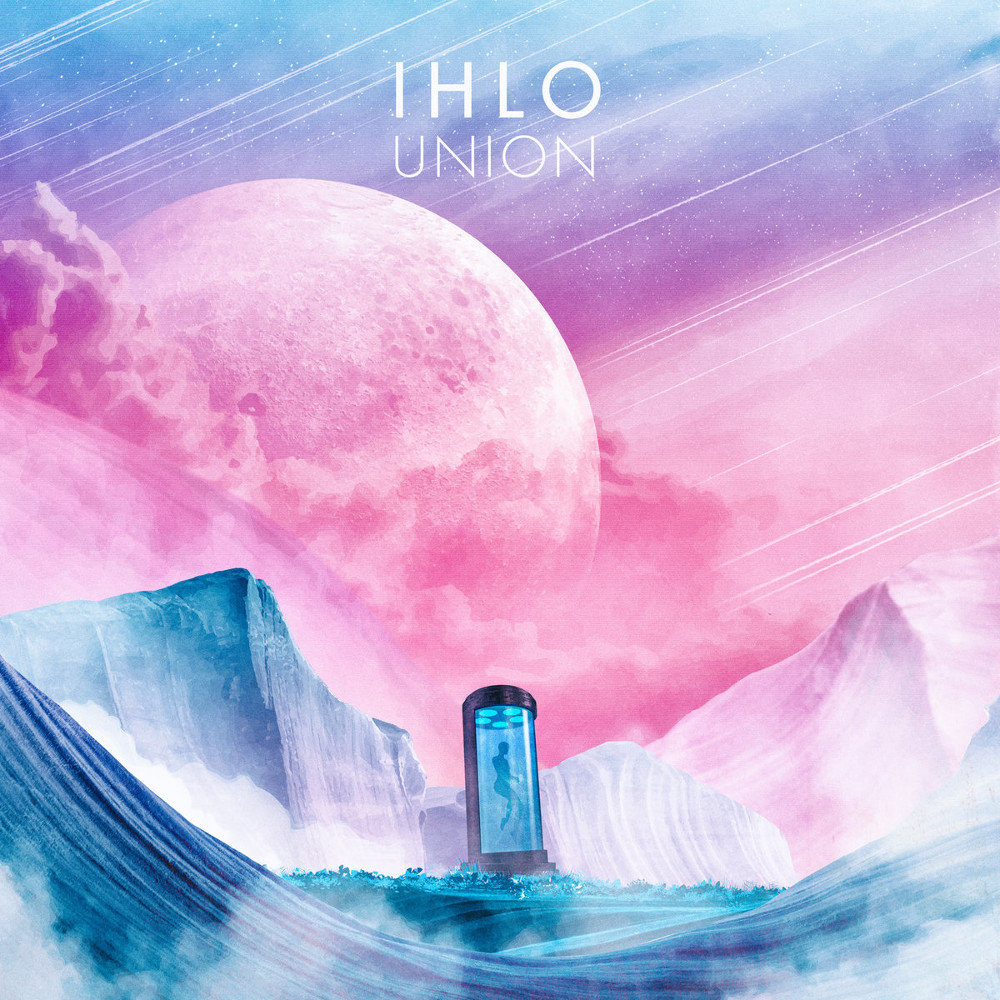 |
Country: Finland
Style: Rock
Rating: 8/10
Release Date: 7 Jun 2019
Sites: Facebook
This album was an eye opener for me, because it wasn't remotely what I was expecting. The Jess in the band's name is a vocalist called Jasmin Saarela, who's best known as the Jess in Jess and the Ancient Ones, an occult rock group that quickly showed up when I started researching modern psychedelic rock and being open to jumping sideways. She's a powerful, confident singer and this really highlights that, but it does it in surprising ways.
And no, I'm not just talking about moments like the break in Freezing Burn that reminds me of a section of Marillion's Grendel so much that I started to sing along. "Hounds freeze in silence bewitched by the reptile spell..." Nah, wrong song. What I'm talking about is the fact that the opening couple of numbers remind mostly of Amy Winehouse and so does much of the rest of the album, even if Jess describes it as "witchy melancholic space rock".
The change in band name reflects that this isn't an occult rock album but a singer/songwriter release, just not the type that qualifies as good country music, twee pop music or even thoughtful folk. It's gospel infused pop/rock with soulful and theatrical edges, the sort of thing that Adele might sing nowadays if the songs were a little catchier and orchestral. The title track has a sort of revival feel by the time it wraps up.
The Wait changes pace in interesting ways. It's driven by keyboards instead of guitar, the former being bouncy and the latter being jagged. The bulk of it reminded me of Natalie Farr while the later section driven by voice over minimalist keyboards reminds of Susanna and the Magical Orchestra. All these artists are worthy of exploration but they're not who I tend to expect to be thrown up as comparisons here at Apocalypse Later.
That trend continues. Halo (Ghosts in the Flames) starts minimalist too, in a sort of Leonard Cohen vein, but it really builds. While this is very much an album designed to showcase Jess's voice, the band are tight and unusual. They've found that glorious balance point where they're supporting as they were hired to do, but in an absorbing and worthwhile way. Take away Jess's voice entirely and this would still be captivating, especially on building songs like this and Interstellar. With Jess, of course, it's even more so.
Legacy Crown is the real standout here, not just because it's great (though it really is) but because it finds a very different groove. Instead of Amy Winehouse, it feels like Nick Cave singing on a thoughtfully slow rock tune with tinges of voodoo surf. There's a song on Pink Floyd's The Wall that's stayed with me forever but is often overlooked; it's called Empty Spaces and it has a slow but inexorable and thoroughly invulnerable build that I've not heard anywhere else until now. And that feel is accompanied by much more here, including a tribal vibe and a very knowing lead vocal.
My Hands wisely goes upbeat because Legacy Crown is a hard song to follow. There's Nina Simone here but over a modern dark pop backing. That leaves a nine minute track called Interstellar which really wants to be the epic of the album and would be if Legacy Crown didn't develop so magnificently. It builds patiently but firmly, eventually reaching that point of ecstasy we know from Fleetwood Mac's The Chain where the band remain achingly steady while the guitar goes wild.
I've listened through this a few times now and it keeps getting better as the songs find their way into my bones. Initially, I was thinking about a 7/10 because it's clearly a good album but it's definitely worth an 8/10. I wonder if it'll grow enough to make a 9/10 in the future. Swept by Natalie Farr did that for me and this may well follow suit for similar reasons.





